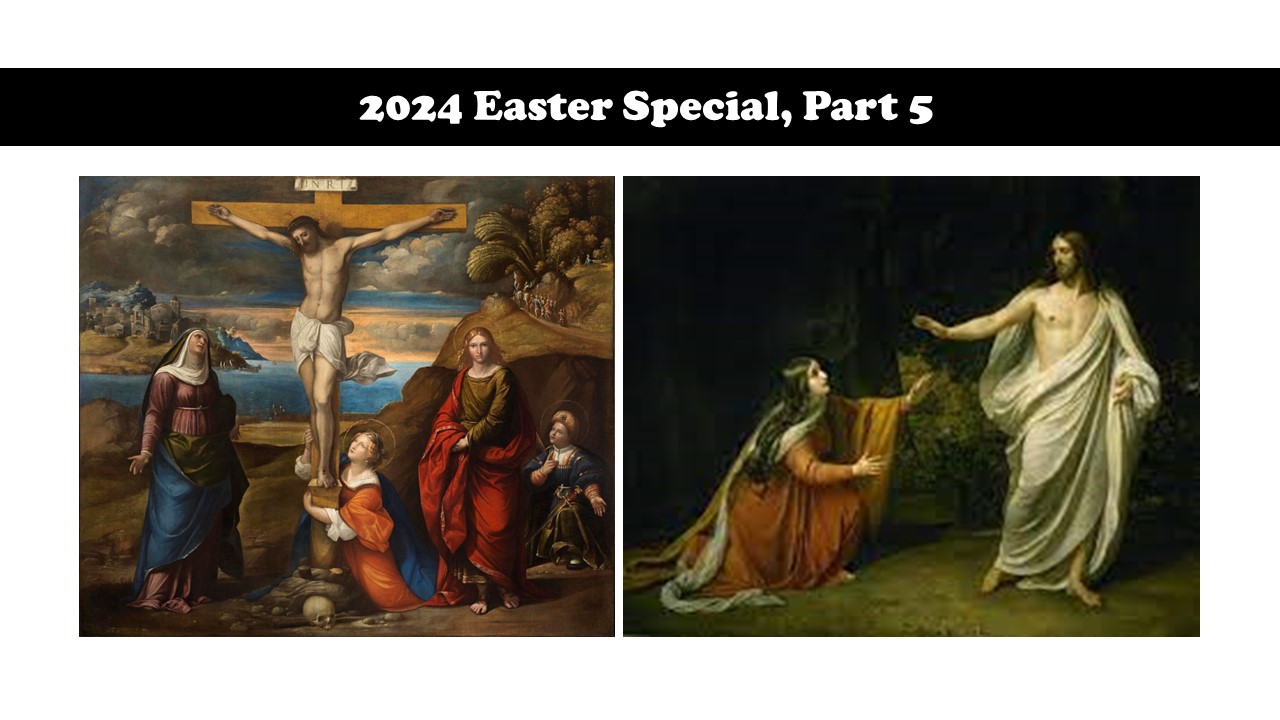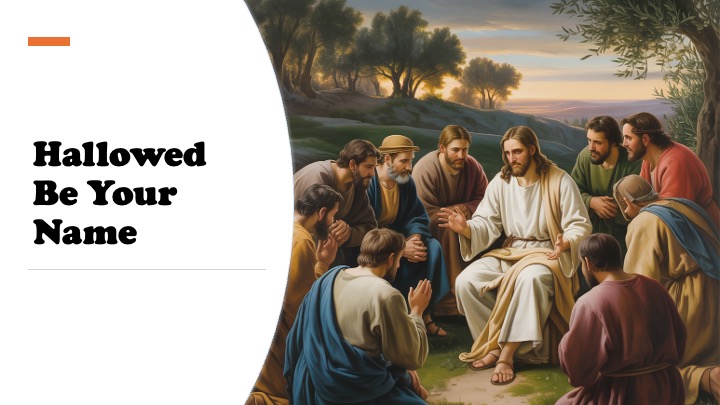The Parable of the Shrewd Manager (Luke 16:1-8) is a challenging but profound teaching that uses a morally questionable figure to impart critical spiritual principles. Jesus tells the story of a rich man who dismisses his manager for wasting assets. Facing unemployment and unwilling to beg, the manager acts shrewdly: he quickly uses his remaining authority to reduce the debts of his master's debtors, thereby guaranteeing himself new friends and hospitality once he is jobless. Rather than condemning this final act of opportunism, the master—and by extension, Jesus—praises the manager's shrewdness, decisiveness, and intentional planning for his uncertain future. The central paradox is intentional: Jesus uses a worldly example of self-preservation to pivot the discussion from God's grace (highlighted in the preceding parables) to human responsibility and urgent stewardship.
The primary lesson Jesus draws is a powerful challenge to believers: "The people of this world are more shrewd in dealing with their own kind than are the people of the light." Jesus clarifies that He is not applauding dishonesty but praising the manager's wisdom and urgency in using temporary assets (worldly wealth and influence) to secure a guaranteed future (making friends who will welcome him). This immediately deepens the understanding of discipleship, moving it beyond passive belief into strategic action. Jesus demands that His followers apply the same level of focus, creativity, and urgency that secular people use to pursue temporary gains toward the eternal purposes of the Kingdom.
Ultimately, the parable reveals deep truths about both Jesus and the nature of discipleship. It underscores that everything we possess—time, talent, and treasure—is not ours, but entrusted to us by God, making us stewards, not owners. Jesus calls His followers to use their "worldly wealth" to "gain friends for yourselves... that you will be welcomed into eternal dwellings." This means directing resources toward serving others, advancing the Gospel, and influencing people toward Christ. The message is framed as both a challenge to believers to live with eternal urgency and a rebuke to religious leaders misusing wealth, reminding all listeners that grace empowers accountability, and true following affects everything, including how we manage our temporary lives for God's eternal glory.

Today’s episode is Part 5 in our five part Easter Special, featuring Mary Magdalene. Mary celebrated Passover in Bethany with Jesus' friends and family,...

We released the first episode of our podcast on Monday, November 2nd, 2020, in the middle of a global pandemic. Our 100th episode was...

When the disciples asked, "Lord, teach us to pray," they were not seeking new religious techniques, but responding to the profound depth they witnessed...